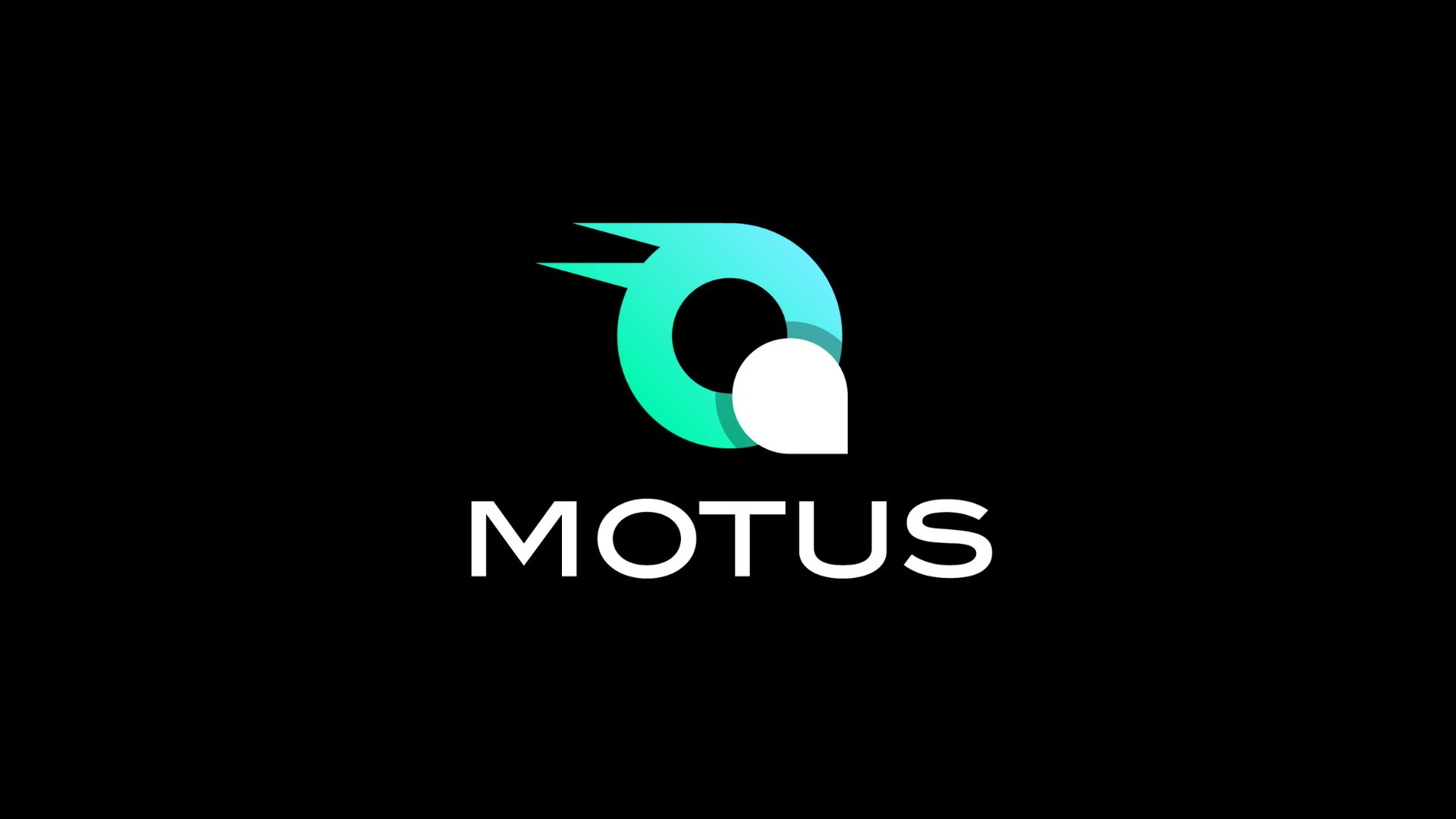
Basic models of an electric wheelchair can cost thousands of dollars, making mobility a financial burden for many individuals. But Ferhan Jemal, a third-year Vanderbilt University student majoring in engineering science, is working to change that reality. His company, Motus Drive, is developing an innovative conversion kit that allows users to transform manual wheelchairs into motorized ones—at a fraction of the cost.
The inspiration behind Motus Drive is deeply personal for Jemal. He grew up in Ethiopia, where he witnessed firsthand the challenges of affordability in mobility aids. His uncle, once a successful café owner, developed health complications that required him to use an electric wheelchair. However, in a country with no formal healthcare system, obtaining a wheelchair came at an immense cost.
“My uncle had to sell his café to afford a $6,000 electric wheelchair, which was really tough on him,” Jemal shared. The experience left a lasting impact on him, sparking an idea that would later evolve into Motus Drive. Determined to find a more affordable alternative, he began designing a solution while still in middle school.
At just 13 years old, he used online and community resources to start researching ways to modify existing manual wheelchairs, laying the foundation for what would become an eight-year-long journey to develop his conversion kit. Throughout the whole process, his family continued to provide motivation. “My dad, an electrician, taught me how to solder and wire components properly, and my mom helped me stay focused on people’s actual needs, not just the engineering side”, said Jemal.
The initial prototype of Jemal’s wheelchair conversion kit consisted of a simple motor attachment, designed to give a manual wheelchair the power of a motorized one. Over the years, he has refined this design through trial and error, testing different motors, battery options, and control systems to improve affordability, efficiency, and ease of use. Jemal mused, “It’s pretty much like putting a jetpack on a wheelchair. You get the power and independence of an electric wheelchair without the massive price tag.”

The latest Motus Drive conversion kit is estimated to cost between $400 and $500—a dramatic reduction compared to standard electric wheelchairs, which according to Jemal, often start at $1,500 and can exceed $6,000. The next step in the process for Motus Drive was to figure out how to bring the prototype to market.
In 2024, Jemal enrolled in the Wond’ry’s Sullivan Family Ideator Spring Cohort to further refine his idea To validate the design through real user feedback, develop a solid business strategy around it, and ensure the final product truly met the needs of the people it was designed to serve. Throughout the program, he conducted customer discovery interviews, collecting valuable real-world feedback from potential users. This process helped him refine and enhance his product-market fit, ensuring the conversion kit addressed the needs of wheelchair users, extending beyond mere affordability.
He continued his entrepreneurial journey by joining the Biomedical Lightning Accelerator, which exposed him to FDA regulations, product validation, and medical device commercialization strategies. “The Lightning Accelerator really prepared me for the next big step,” Ferhan said.
"Working with students like Ferhan exemplifies exactly what we are building here at the Wond'ry, and in Nashville," said Cameron Russ, Program Coordinator of Biomedical Entrepreneurship at the Wond'ry. "Through our Lightning Accelerator, we are not just teaching strategies – we are helping entrepreneurs build and transform their medical innovations from concept to reality. When talented entrepreneurs connect with the right resources and mentorship, that is when the magic happens!"
That next step for Motus Drive was Zeroto510, a highly competitive Memphis-based accelerator that delivers a robust curriculum on how to navigate the highly regulated healthcare industry. Through the program, Motus Drive secured critical early-stage investment, providing the financial backing needed to advance product development. Beyond funding, the accelerator also offered mentorship, regulatory guidance, and commercialization support, positioning Motus Drive for long-term success in the healthcare market.
Bringing a medical device to market can be a long process. One of the biggest hurdles Jemal is now facing is clearing the complex FDA clearance process, which can take up to eight months. “The biggest thing is making sure it’s safe, reliable, and scalable,” he said. “We’re not just building a device—we’re building trust with our users.”
While he is still working on finishing his degree, Jemal is deeply committed to bringing his product to market and is ready to face the challenges that come with it. “We’re trying to provide more options for electric wheelchair independence. … We want to be able to provide an affordable alternative to people all around the world,” Jemal said.